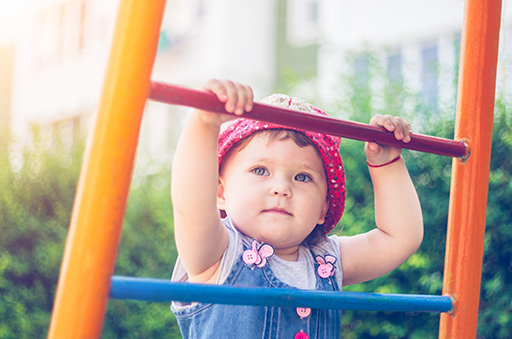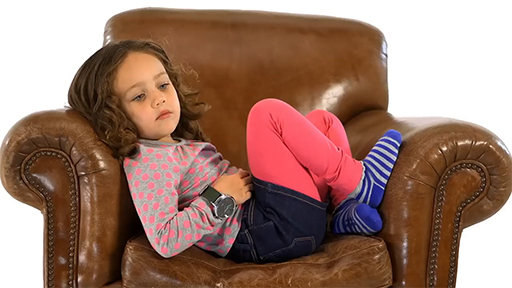4 Importance of supporting children
Physical skills play a critical role in supporting the overall development of children from a health and wellbeing perspective through to their learning and academic achievements.

The acquisition, rehearsing and refinement of movement skills should be an organic element of every child’s day, whether at home, nursery or school. You will consider these environments further in Weeks 4–6. In this section, you will continue to explore the term physical literacy and the benefits developing movement skills can provide. Watch the video below to explore the term.

Transcript: Video 1
[MUSIC PLAYING]
[MUSIC PLAYING]
[MUSIC PLAYING]
In order to support a child’s development towards physical literacy, it is important that you are aware of the phases that children will move through. It is argued that being physically literate involves more than just being able to move effectively. In practice, it is also about children being provided with the opportunities to overcome movement challenges (Pot et al., 2017).
In the next section, you will explore the different types of skill and the development of FMS to support health, self-care, learning and the development of physical literacy.
